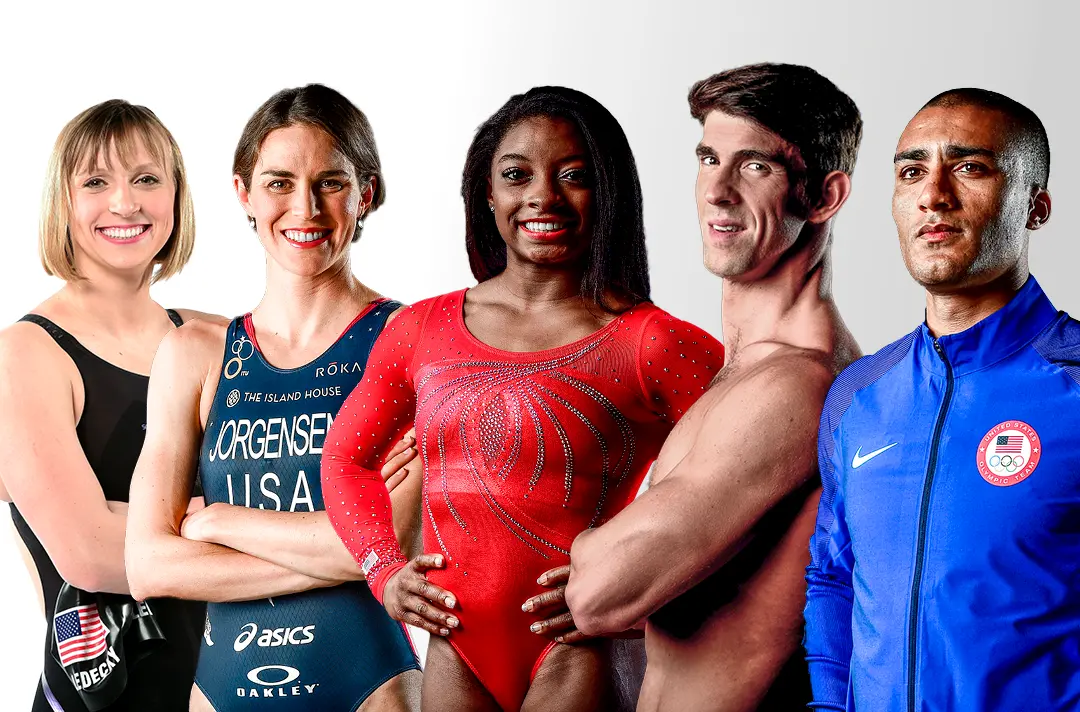This is the matchup we were all hoping for: Spurs–Heat, for the second straight finals.
Of course, this was not the matchup I predicted (many thanks to a friend of mine for ‘gently’ reminding me of my ill-advised Pacers prediction), but it’s the pairing I also wanted to see.
Not only is it a rematch of a great finals, there’s plenty of other storylines: It’s the Heat going for a three-peat, it’s Duncan and Popovich vying for their fifth rings (and first since ‘07), and with LeBron James’s impending free agency and Duncan’s eventual retirement, it’s possibly the last go-around for each team’s nucleus.
With all that on the line, let’s break down how this one plays out:
Point Guard: Mario Chalmers versus Tony Parker—I’m actually surprised that Chalmers has stayed in the starting lineup, given how much of a sparkplug Cole has been off the bench. Usually Chalmers is good for at least one big game every series, but we haven’t seen it yet.
For San Antonio, Parker’s health status (ankle) is obviously huge. The lightning-quick Parker creates open opportunities for Duncan and any 3-point shooters every time he drives the lane—and he can do it against almost anyone—if his ankle is healthy. Advantage: Spurs.
Shooting Guard: Dwyane Wade versus Danny Green—Has anyone ever hurt his free agency value with his mouth more than Lance Stephenson? Wade was retro-Wade in the first three games against the Pacers, hitting 62 percent of his shots and averaging 24.3 points a game—right after Stephenson’s ill-advised comments about his knees. Unless the Spurs plan on pulling a Stephenson in the press (which they never do) they should be able to hold him at bay.
Green is taller and slower, but with Wade’s hesitancy to shoot beyond the arc, Green might be able to stay back and neutralize him in the lane. Slight advantage: Heat
Small Forward: LeBron James versus Kawhi Leonard—The same friend who ’reminded' me of my now ridiculous Indiana-over-Miami prediction, is not a James fan. Why? Like almost everyone, he’s still disgusted by James’s dumping of the Cavs on national TV four summers ago.
Admittedly I was too, but it didn’t last. Why? He’s too fun to watch. Case in point, the 49-point effort against Brooklyn in Game 4. The Heat, namely Wade, were going to need as much rest as possible to beat Indiana without home court advantage and James single-handedly made sure it happened. That’s why he’s the best. That said, 22-year old Kawhi Leonard is a good option for the Spurs—he’s just not James. Advantage: Heat.
Power Forward: Chris Bosh versus Tiago Splitter—Bosh was almost as disruptive against my Nets in Game 5, with his 3-point shooting, as James was all around in the series. Then he went cold in the first three games of the Indiana series before dropping 25, 20, and 25 again in Games 4,5, and 6 respectively.
He’s a huge unknown in this series. If Splitter has to respect his 3-point shooting, it keeps him off the defensive boards and opens the lane for James and Wade. On the other end Bosh needs to be a shot-blocker whenever Parker is there. Advantage: Heat.
Center: Chris Anderson versus Tim Duncan—I’ve argued this point way too many times to my poor friends (or anyone unfortunate enough to be around me when I go off): Tim Duncan is a center, not a power forward. He’s got the size (6 feet 11 inches, 250 pounds), he operates in the lane, and he protects the rim. I don’t see how that’s not a center.
Whatever he’s listed as, he’s had quite the career resurgence. Four years ago, his numbers dipped to 13.4 points and 8.9 rebounds per game—both career lows. Now at 38, he back to 15.1 points and 9.7 rebounds—absolutely remarkable. He had his way with Serge Ibaka late in Game 6, and Chris Anderson is going to have quite a time keeping him in check. Anderson isn’t a natural scorer, but his defense/rebounding/energy have been huge for the Heat. Advantage: Spurs.
Benches: Udonis Haslem, Ray Allen, Norris Cole, Rashard Lewis, and Shane Battier make up one of the deepest benches in the league. Allen is the most prolific 3-point shooter in NBA history, Cole is a high-energy point guard, Lewis can shoot the 3, Battier is a great defensive player, and Haslem is a great hustle/defense/rebounding forward.
The Spurs probably have the best bench player in the series though, in Manu Ginobili—just not as much depth. Boris Diaw had 26 in Saturday’s Game 6 win over the Thunder, Matt Bonner is a good long-range shooter, but Marco Bellinelli has disappeared at times in these playoffs. Slight advantage: Heat.
Coaching: Even after winning back-to-back titles, I still can’t put Erik Spoelstra in the same class as Gregg Popovich, who’s won four, but none back-to-back. I know I’m not alone, but here’s why: Would Spoelstra have been able to keep the Spurs as contenders for 17 straight seasons with just one superstar in the fold?
Popovich has weathered two separate star-studded Laker runs, a rival-Dallas team for a good decade, and of course, the aging of his players. Slight advantage: Spurs.
X-Factors: I have no idea what to expect from Wade this series, but the Heat need him and his knees more than ever. Ditto for the Spurs with Tony Parker, who actually have no chance without him. Still, the two biggest factors in play here are San Antonio’s home court advantage and the revenge they’re seeking after last year’s near win—two huge factors. Advantage: Spurs.
Bottom Line: James is going to have to be on for every play, every minute to get a Heat three-peat. It’s going to be too much against a motivated team like the Spurs with home court advantage. Spurs in 7.





